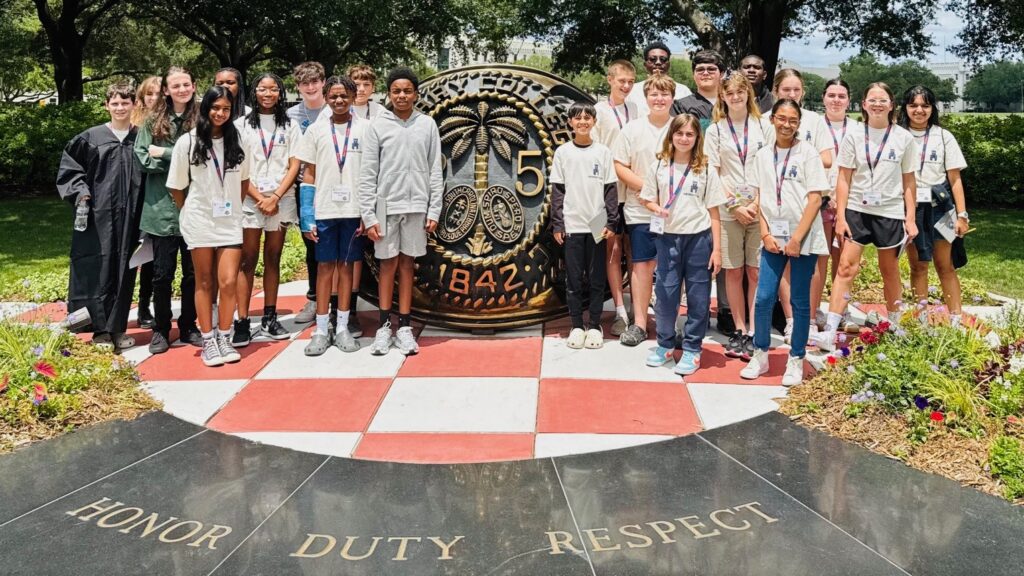
This summer, The Citadel’s Department of Cyber and Computer Sciences welcomed teachers, cadets, students and service members to campus for several hands-on cyber camps. The programs, which ranged from cybersecurity education for middle schoolers to advanced training for military professionals, showcased how The Citadel is preparing the next generation of cyber leaders.
“Busy and impactful — those are the words I’d use to describe our summer,” said Shankar Banik, Ph.D., professor and head of the Department of Cyber and Computer Sciences. “Each camp gave participants practical experience and new opportunities to grow their cyber skills.”
GenCyber Camp
From June 2 to 6, The Citadel hosted 22 middle and high school students for its GenCyber camp. Funded by the NSA, the camp introduced rising 7th through 12th graders to topics such as network security, cryptography, secure coding and cyber ethics. Students also had the chance to test their skills in drone activities, reinforcing lessons about system vulnerabilities and defense strategies.
“The impact at this stage isn’t about tracking careers, it’s about sparking interest,” Banik explained. “If these students leave with excitement about cybersecurity, then we’ve done our job.”
RING Teacher Camp
The RING teacher camp, or Regions Investing in the Next Generation, ran from June 16 to 20 and brought 11 South Carolina K-12 teachers to campus for a week of professional development. Using a nationally recognized cyber curriculum created at the University of Alabama in Huntsville, teachers explored practical ways to bring cyber concepts to their classrooms.
“When you equip 20 teachers, you indirectly reach 400 students,” said Banik. “That multiplier effect is powerful.”
Citadel Cyber Immersion Program
From July 13 to 19, The Citadel hosted 19 students from all six senior military colleges for The Citadel Cyber Immersion Program. Students from Norwich University, University of North Georgia, Virginia Tech, Virginia Military Institute, and Texas A&M University and The Citadel spent a week on campus working together on advanced cyber challenges.
“A lesson that I took away from The Citadel Cyber Immersion Program was persistence, because things rarely work on the first try, but also adaptability, because when we had done something that failed, we had to come up with a new idea and try it out. Working with peers from other senior military colleges and different backgrounds taught me different leadership styles and communication methods,” said Cadet Alexia Bothers. “It showed that collaboration can be a good thing when we put our strengths together to solve problems much faster than just one person could. Professionally, it expanded my network to other students across the country who share the same interests as I do.”
Highlights of the week included learning to hack and defend drones, exploring vulnerabilities in a 2019 Ford Escape and practicing hardware hacking techniques. The program also emphasized the importance of networking and collaboration, with evening activities taking place such as an escape room, beach gathering and more. While there was some hesitation in a diverse group of students, but the end of the week each participant was working across schools, making friends and building connections that could shape their careers.
National Guard Cyber Bootcamp
The Citadel welcomed 13 members of the South Carolina National Guard and State Guard for a Cyber Bootcamp from July 20 to 25. The program provided hands-on cyber training and preparation for the Security+ Certification exam, a crucial credential for cyber professionals.
This camp was another way The Citadel supports the nation’s cyber readiness, and the institution is proud to find ways to help soldiers strengthen their skills while they serve.
Continuing impact
In addition to the summer camps, Citadel cadets earned first place at the Palmetto Cyber Defense Competition earlier this year, defeating larger schools like Clemson, USC and the U.S. Naval Academy. For Banik, these successes underscore the department’s mission of preparing students for day-one readiness in the cyber workforce.
“Our goal is to ensure students graduate with both technical skills and leadership experience,” Banik said. “These summer programs are part of that bigger picture — they help us build the pipeline of future cyber leaders.”
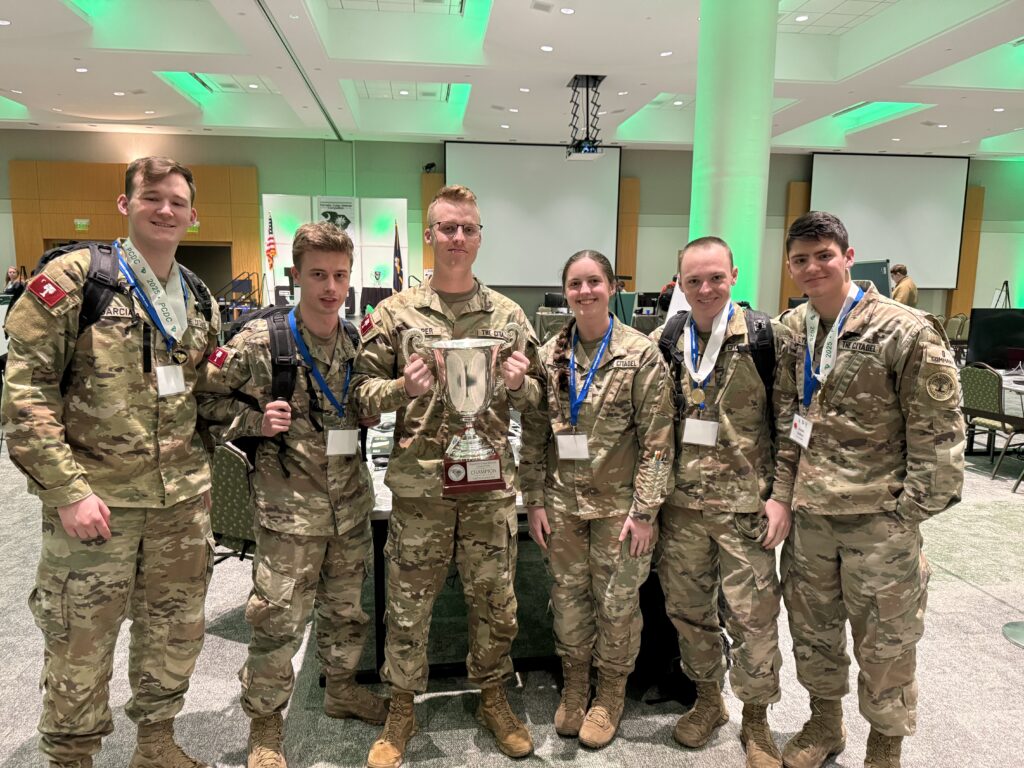

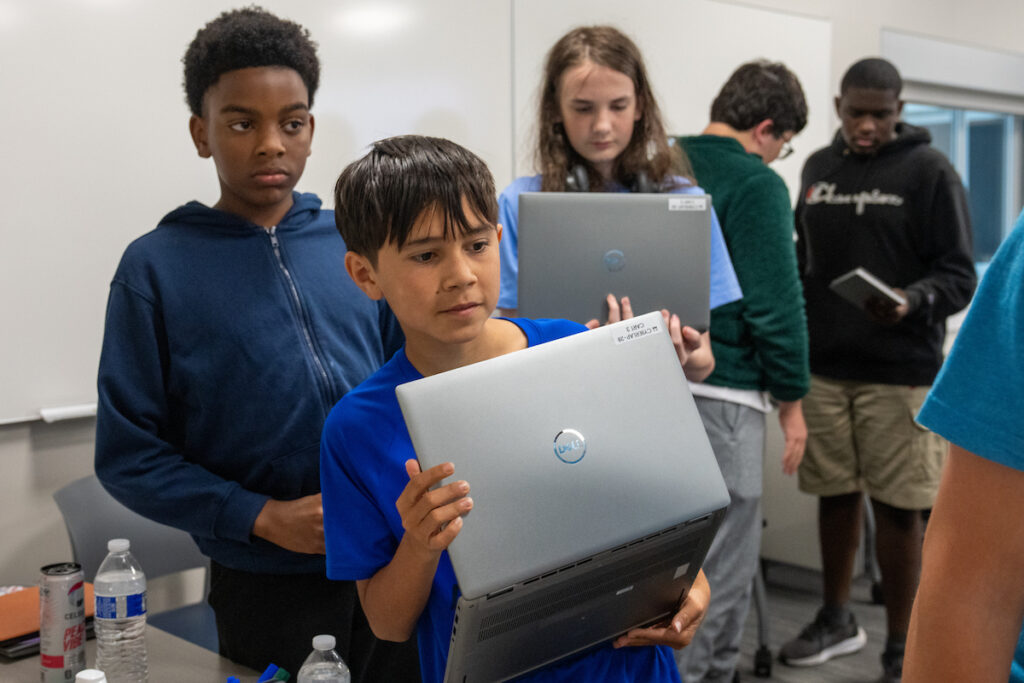
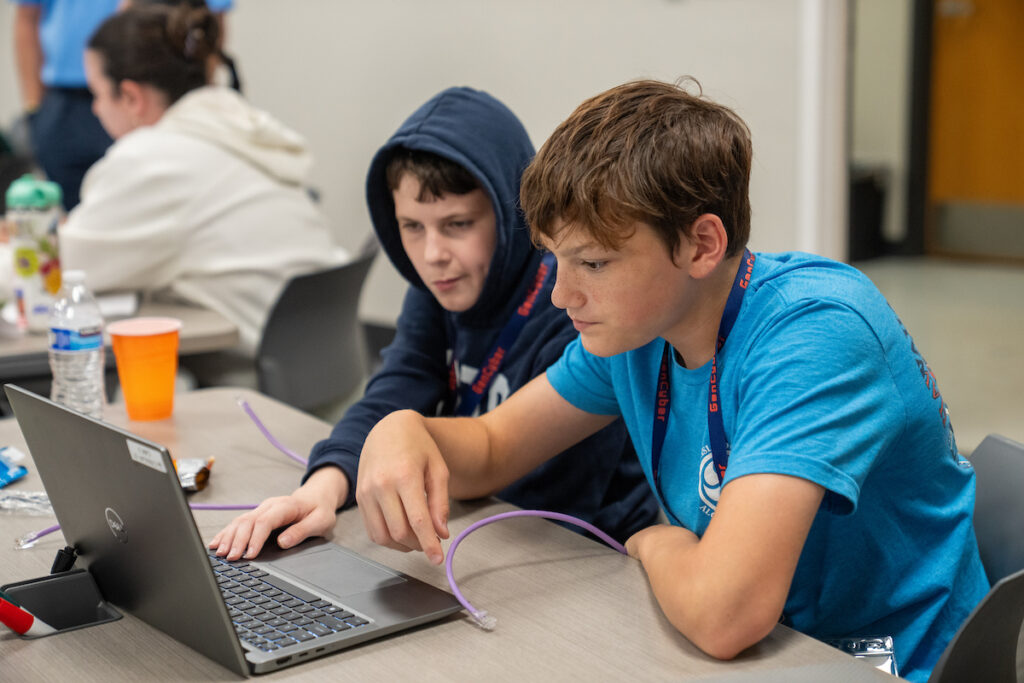
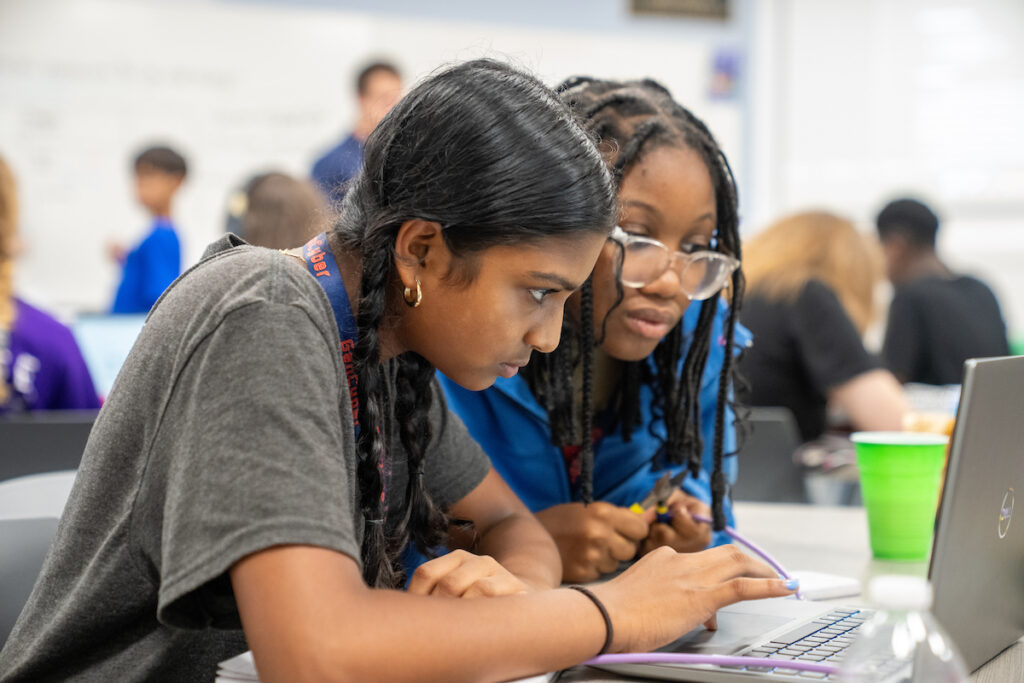
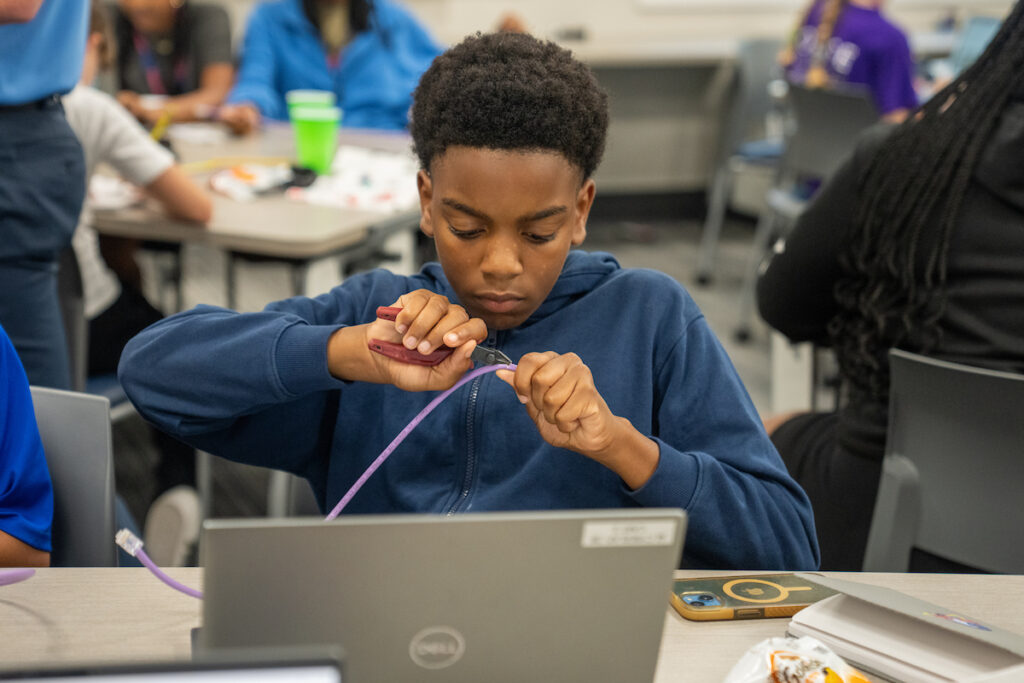
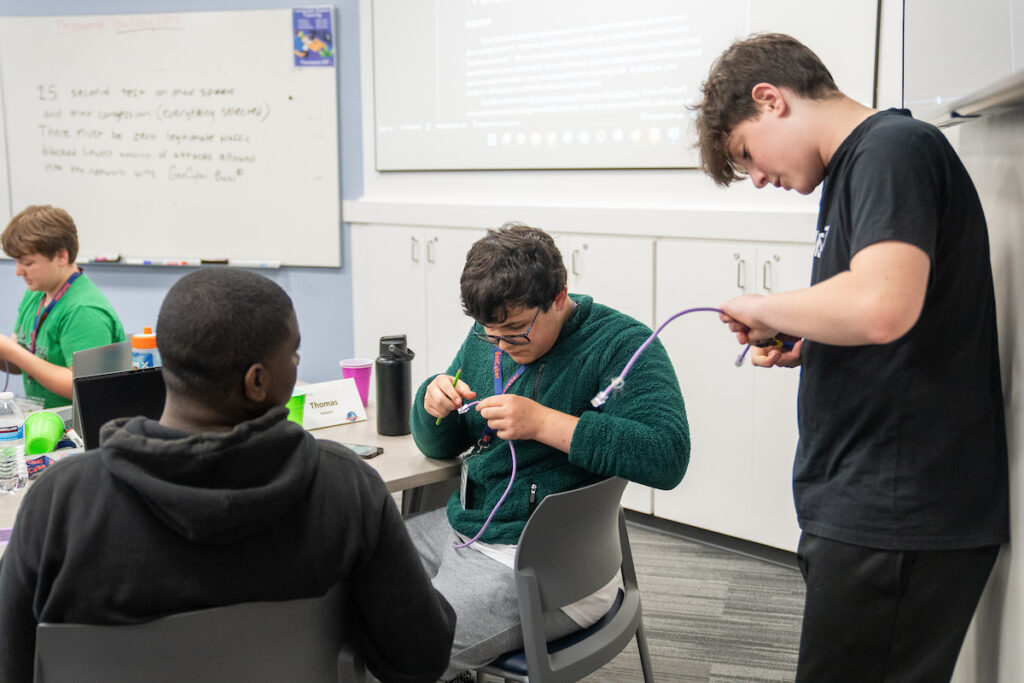
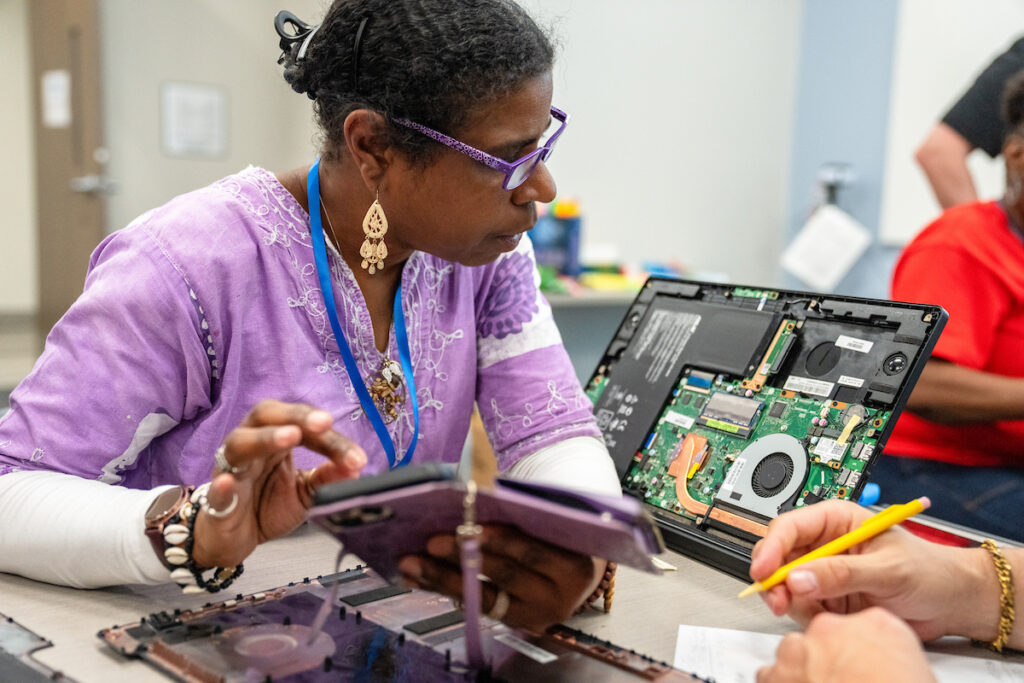
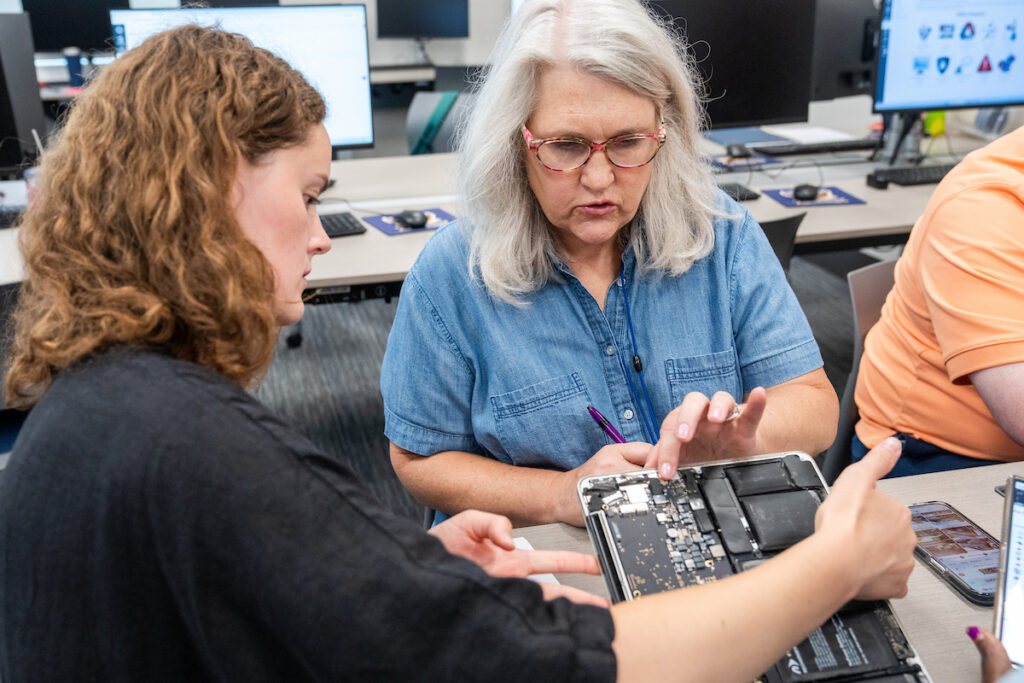
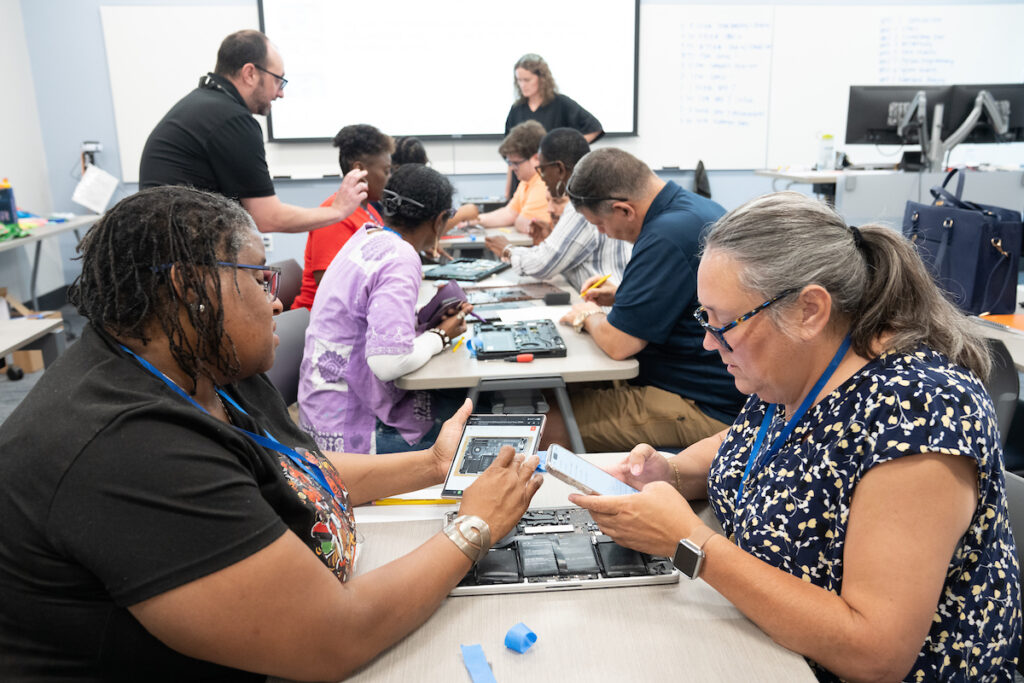
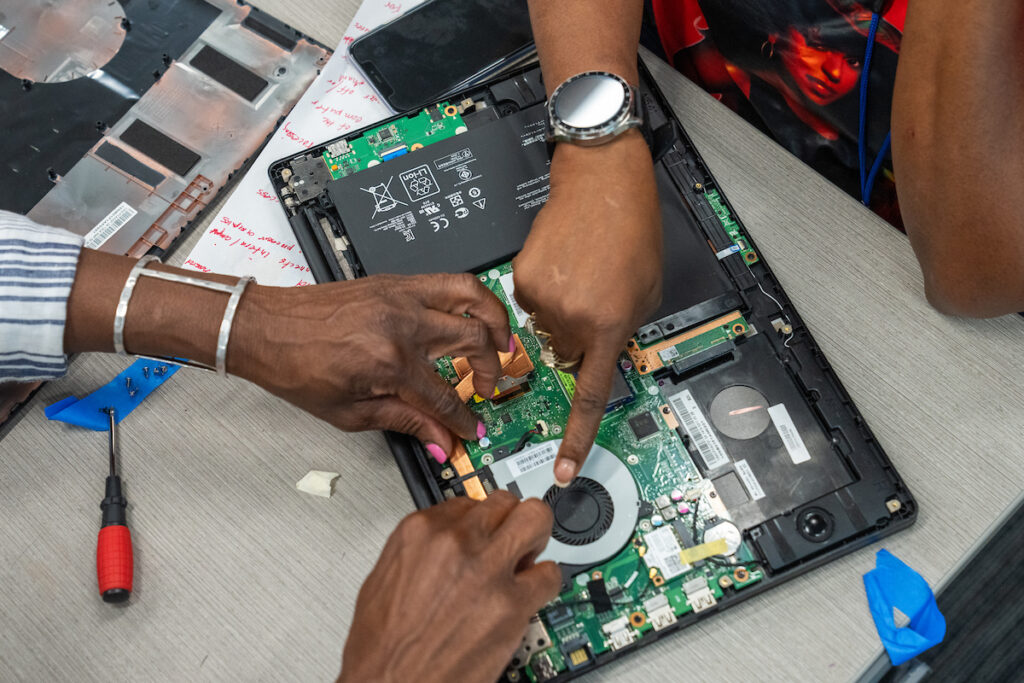
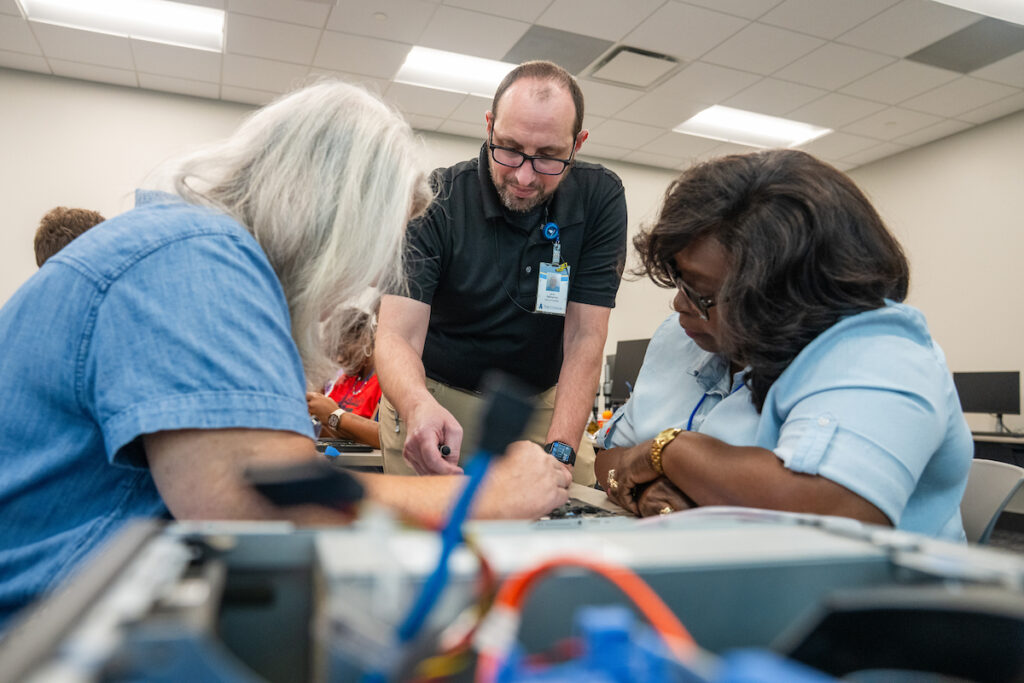
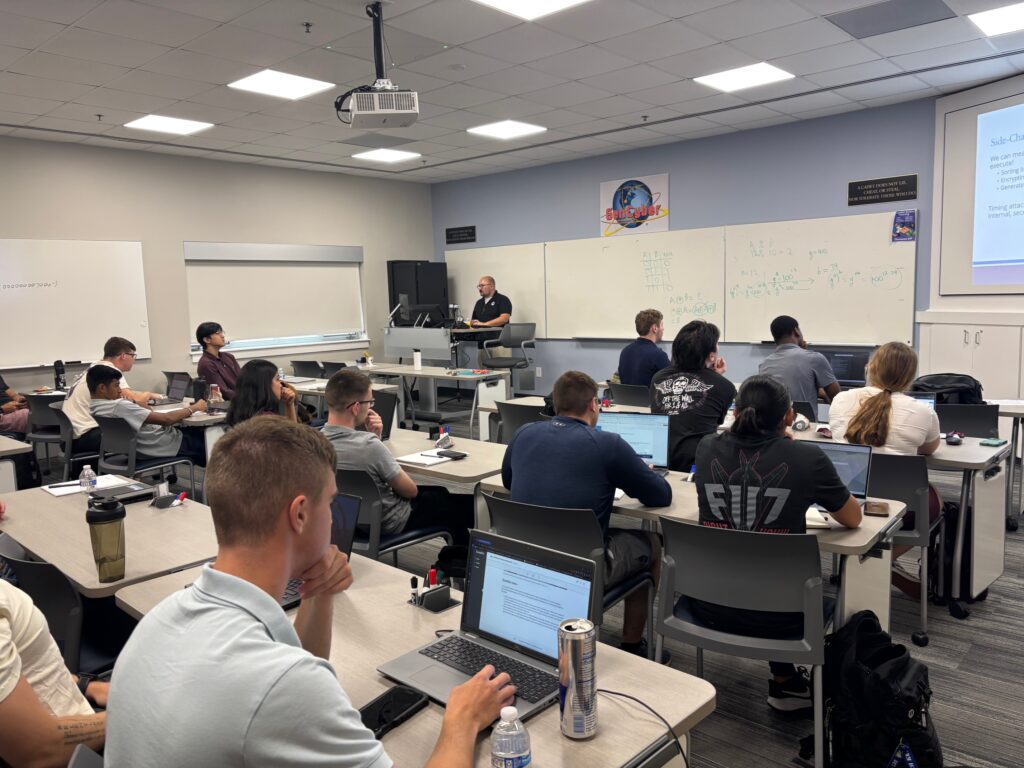
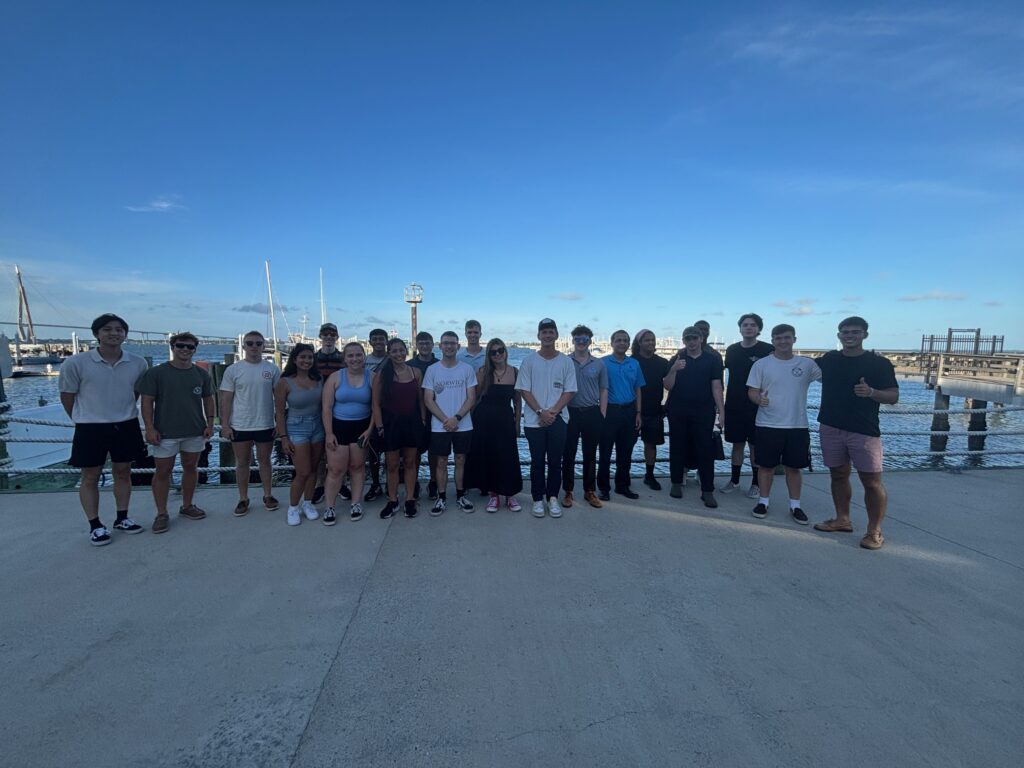
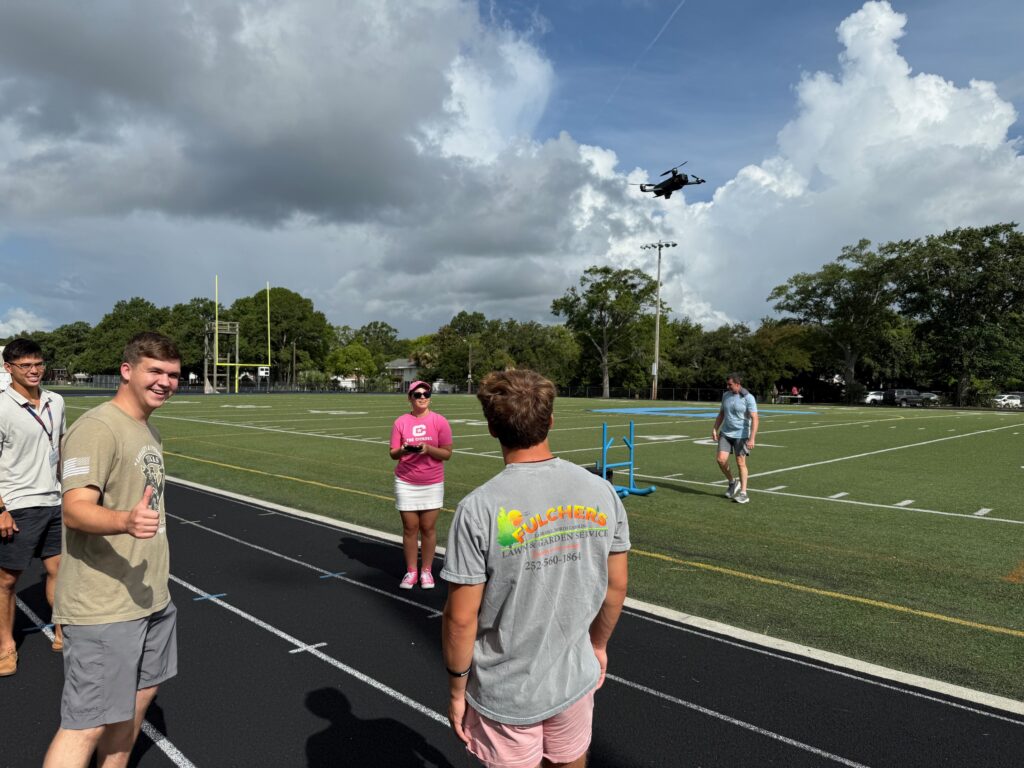
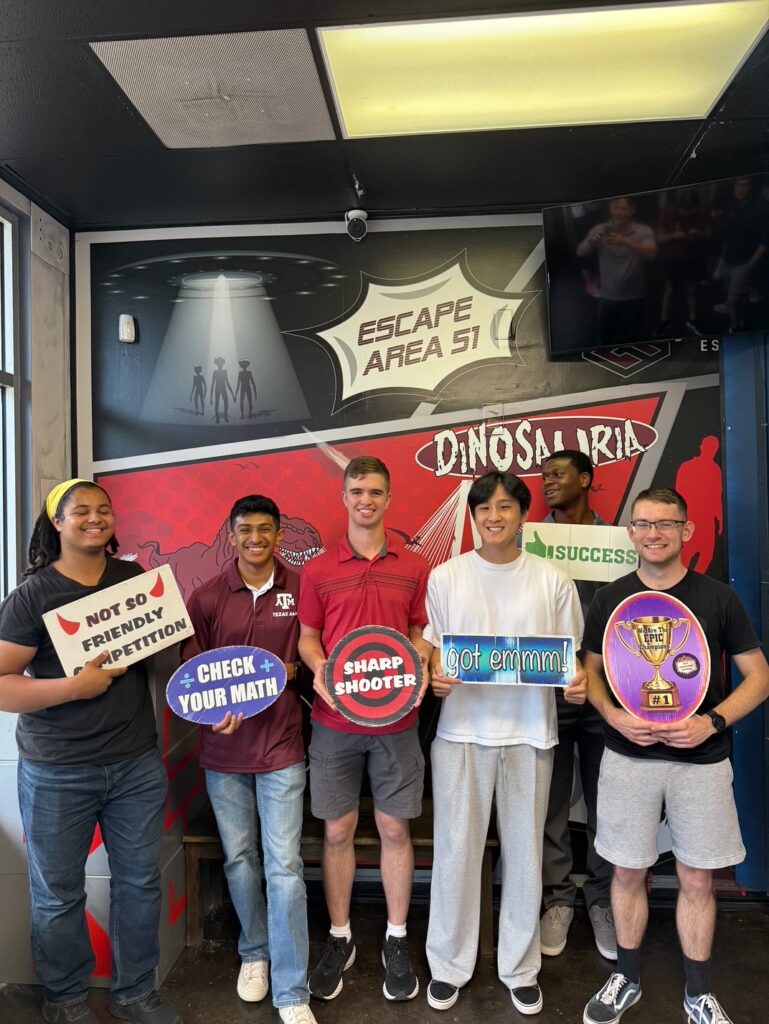
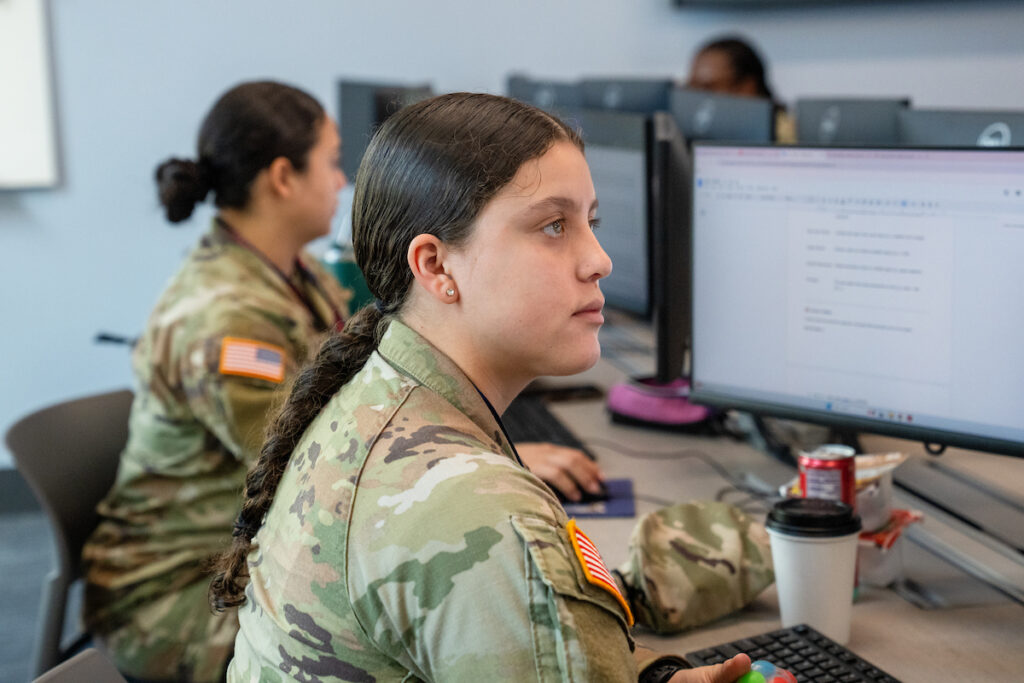
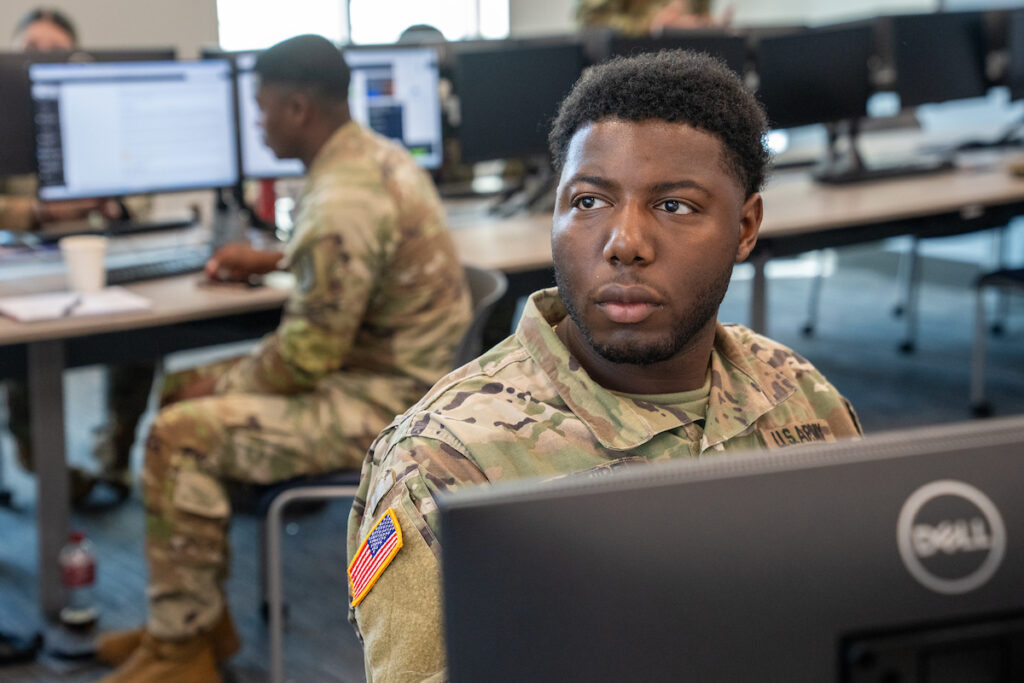
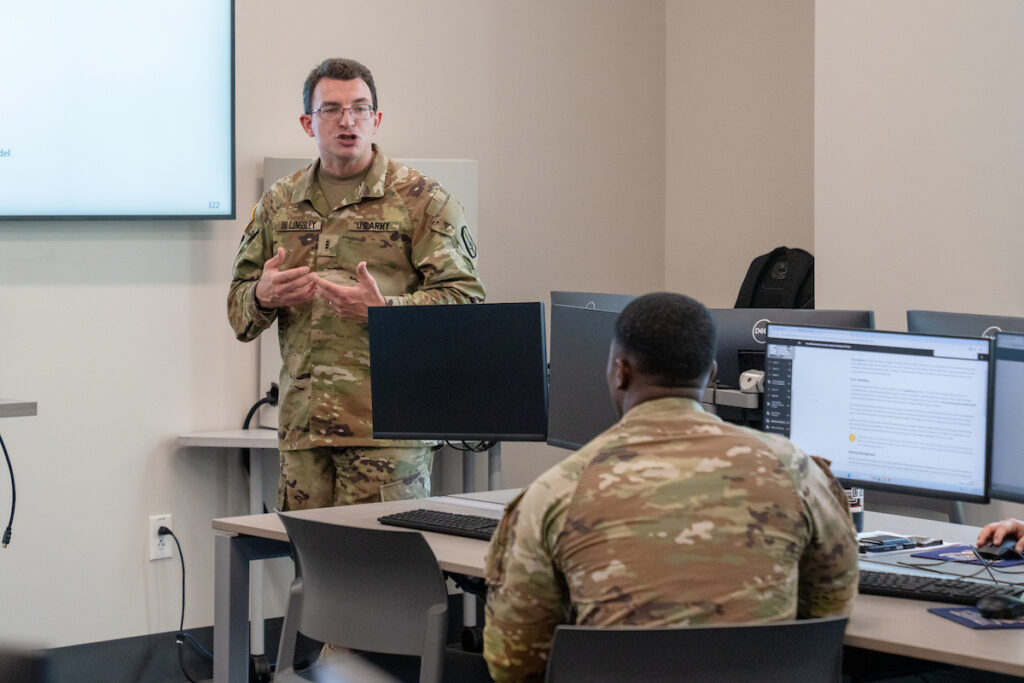
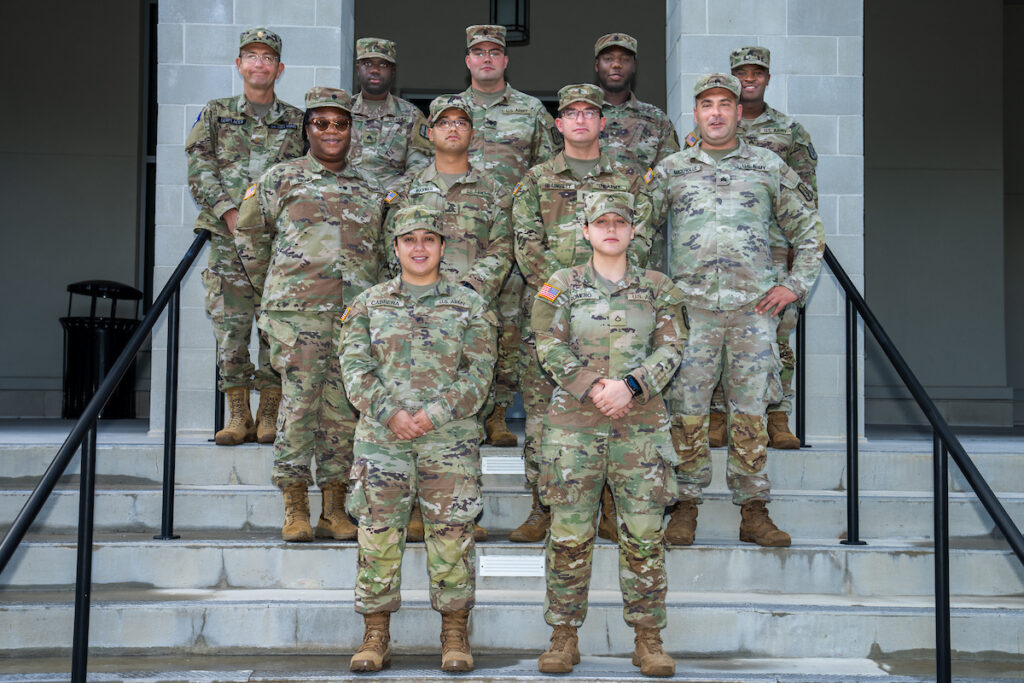
 Moore Art Gallery opens “All Hands on Deck” WWII naval photography exhibit
Moore Art Gallery opens “All Hands on Deck” WWII naval photography exhibit The Citadel’s presidential search committee announces four finalists
The Citadel’s presidential search committee announces four finalists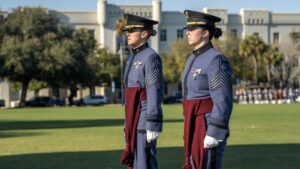 Prestigious Cincinnati and MacArthur awards presented to Citadel cadets
Prestigious Cincinnati and MacArthur awards presented to Citadel cadets


